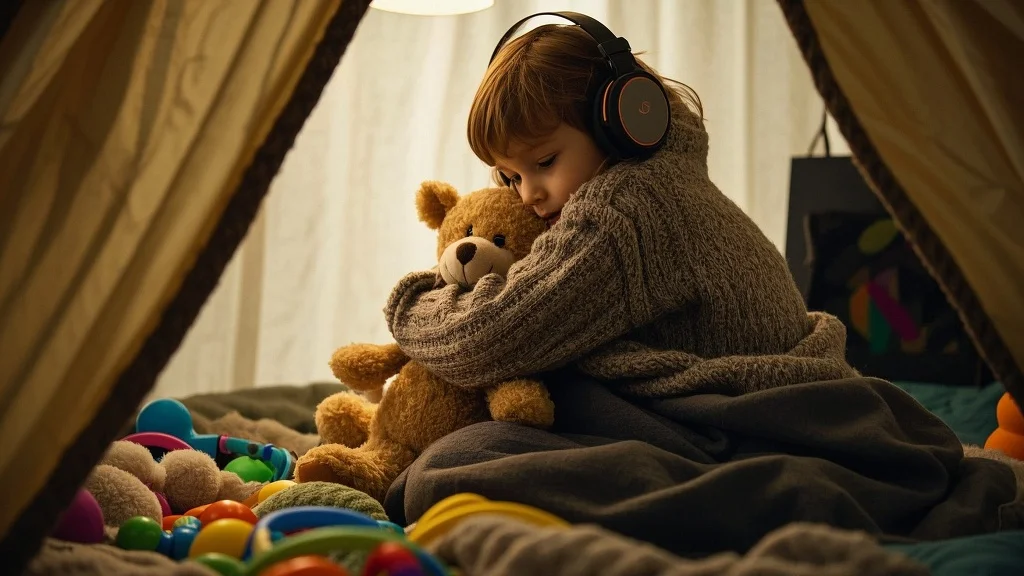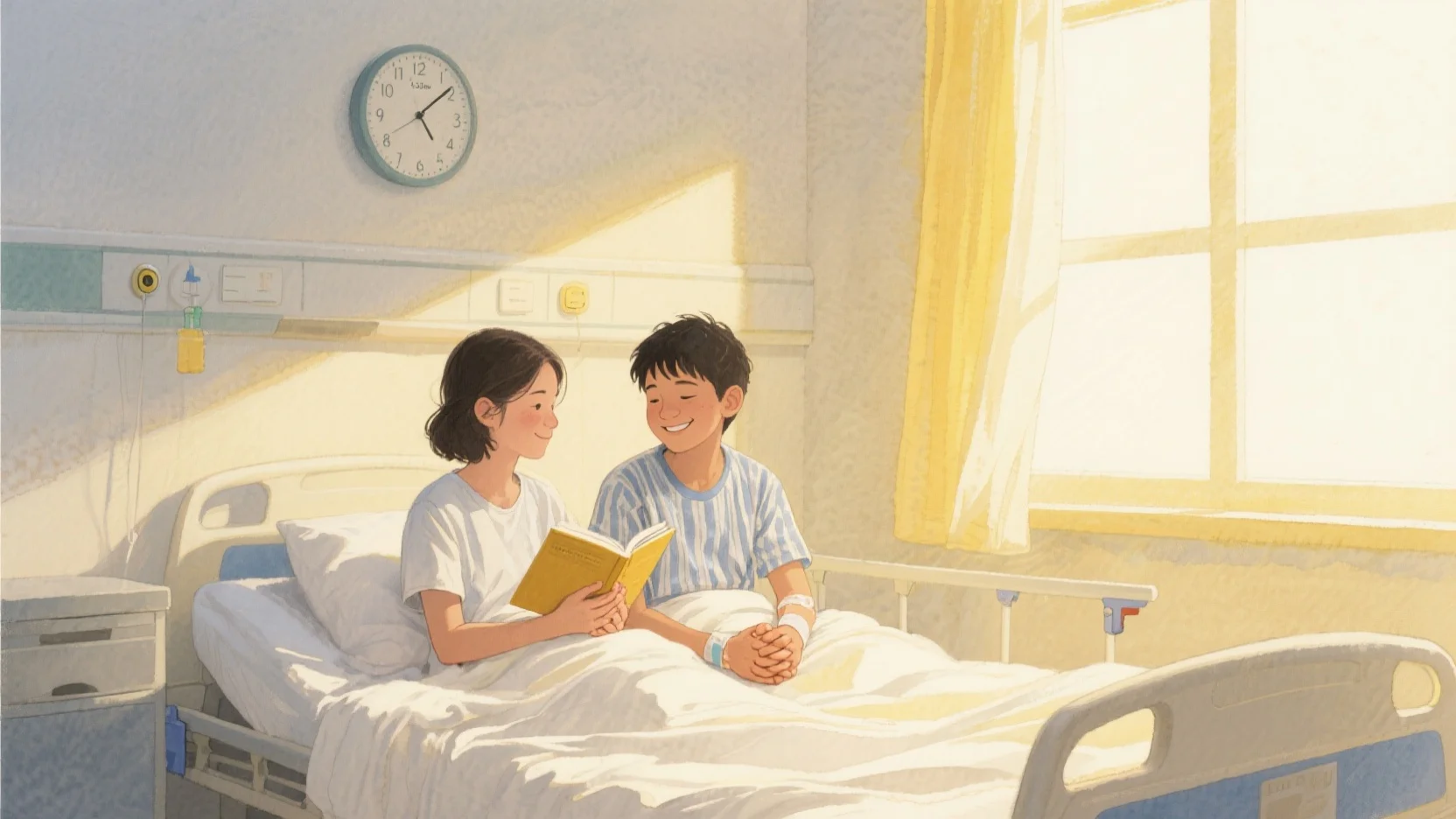Discussing tragic or upsetting news events with children can be difficult. You want to keep them informed without causing unnecessary fear or anxiety.
In today’s 24/7 news cycle, more than a third of U.S. children are exposed to distressing images and sounds from TV newscasts daily. While you can’t completely shield them from the world, you can help them process difficult events in a healthy way.
Here’s how to approach these conversations with care:
1. Choose the Right Format
TV news is often the worst option for young kids because it repeatedly shows shocking footage—like disasters or violent events—which can make children believe the same tragedy is happening over and over.
Instead:
- Pre-screen news clips (record and edit out upsetting parts).
- Read age-appropriate news together from newspapers or trusted websites.
2. Put Things in Perspective
Young children struggle to grasp distance and scale. If they hear about a crisis in another country, they might think it’s happening right outside their home.
What to do:
- Explain how far away the event is.
- Reassure them that they’re safe.
3. Be Their First Source of News
If a major event happens, your child should hear it from you first—not from classmates or random media.
How to handle it:
- If you think the topic will come up at school or a friend’s house, discuss it with them beforehand.
- If they’ve already heard about it, ask what they know, clarify misunderstandings, and answer their questions.
- Be prepared for follow-up questions—kids process information over time.
4. Balance the Bad with the Good
News often focuses on tragedy, but there are also stories of kindness, resilience, and hope.
Try this:
- Share uplifting news to teach them about the world while fostering optimism.
5. Turn Awareness into Action
Kids learn best through doing. If they hear about a disaster or crisis, help them find a way to contribute.
Ideas:
- Donate toys or clothes to families in need.
- Raise money (e.g., a lemonade stand for disaster relief).
- Make cards for children in hospitals.
Taking action helps them feel empowered rather than helpless.
Final Thought
Talking about sad news with kids isn’t easy, but with the right approach, you can help them understand the world while keeping their sense of security intact.
By choosing the right format, offering reassurance, and focusing on positive action, you can turn tough conversations into meaningful learning moments.
Would you add any other tips? Share in the comments!








